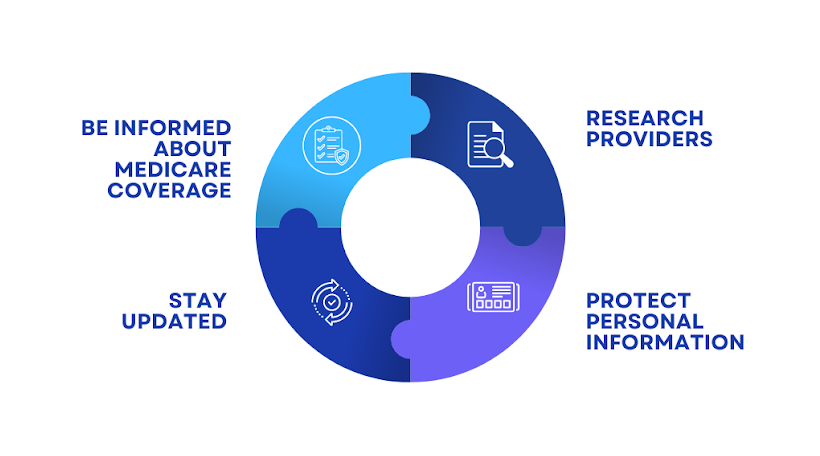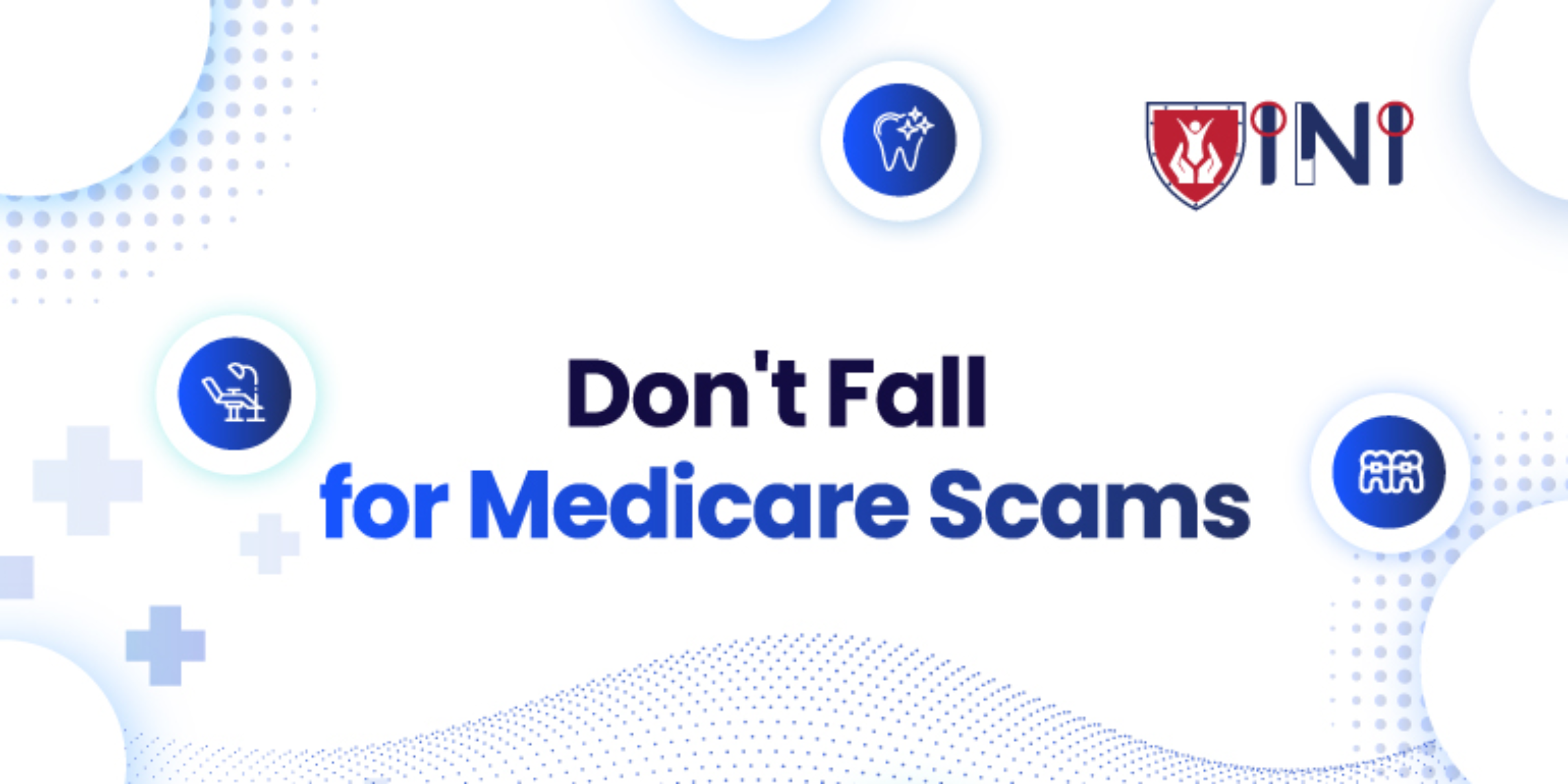Medicare Fraud: Protecting Yourself and Safeguarding Your Benefits
Medicare is a vital program that provides essential healthcare coverage to millions of Americans. However, with the benefits it offers, there's also a lurking danger of Medicare fraud. In this blog, we will explore the world of Medicare fraud, and more importantly, equip you with the knowledge and tools to protect yourself and safeguard your hard-earned Medicare benefits. We'll delve into common fraud schemes, discuss preventive measures, and shed light on reporting procedures and penalties. Let's get started on the path to secure and uninterrupted Medicare coverage.
Understanding Medicare Fraud
Medicare fraud involves individuals or organizations deceiving the system to unlawfully obtain Medicare funds. It drains the program's resources and jeopardizes the healthcare coverage of beneficiaries. By staying informed about the various types of fraud, you can better protect yourself.
How to Protect Yourself from Medicare Fraud
-
Safeguard Your Medicare Card: Treat your Medicare card as you would a credit card. Keep it secure and only share the information with trusted healthcare providers.
-
Be Wary of Unsolicited Offers: Be cautious of individuals or companies promising free medical services or equipment. Legitimate providers typically don't reach out to beneficiaries without prior contact.
-
Review Your Medicare Summary Notices: Regularly check your Medicare Summary Notices for any discrepancies or services you didn't receive. Report any suspicious items to Medicare promptly.
4 Tips for Safeguarding Your Medicare Benefits

-
Be Informed About Medicare Coverage: Understand what services and items Medicare covers, so you can identify fraudulent claims or charges.
-
Research Providers: Before receiving medical services, verify the legitimacy of healthcare providers through trusted sources, such as the Medicare website or your State Health Insurance Assistance Program (SHIP).
-
Protect Personal Information: Guard your Medicare number, Social Security number, and other personal information. Only share them with authorized individuals or organizations.
-
Stay Updated: Keep abreast of Medicare news, policy changes, and fraud prevention tips.
Common Medicare Fraud Schemes to Watch Out For
-
Billing for Services Not Provided: Fraudulent providers may bill Medicare for services or equipment never rendered. Stay vigilant and question any unfamiliar charges.
-
Identity Theft: Fraudsters may use your Medicare number to bill for fictitious services. Protect your personal information and report any suspected identity theft immediately.
-
Kickbacks and Referral Schemes: Some providers may offer kickbacks or incentives for patient referrals or the use of unnecessary medical services. Avoid engaging in such arrangements.
Reporting Medicare Fraud: What You Need to Know
-
Contact Medicare: If you suspect Medicare fraud, call the toll-free number for the Medicare hotline or visit their official website to report the incident.
-
Inspector General's Office: The Office of the Inspector General investigates and prosecutes Medicare fraud cases. They have a hotline and an online reporting system to confidentially report fraud.
-
State Authorities: Notify your state's Attorney General's office or Medicaid Fraud Control Unit if you suspect Medicaid fraud in addition to Medicare fraud.
Perpetrators of Medicare fraud can face severe consequences, including hefty fines, imprisonment, and exclusion from participating in Medicare programs. These penalties aim to deter fraud and protect beneficiaries and the integrity of the Medicare system.
Conclusion
Protecting yourself from Medicare fraud is crucial for maintaining your healthcare coverage and the sustainability of the Medicare program. By familiarizing yourself with the common fraud schemes, implementing preventive measures, and promptly reporting any suspected fraud, you contribute to safeguarding your benefits and preserving Medicare through Indemnity National Insurance for generations to come.
Stay vigilant, stay informed, and stay protected.
Did you find this article helpful? Share it!







